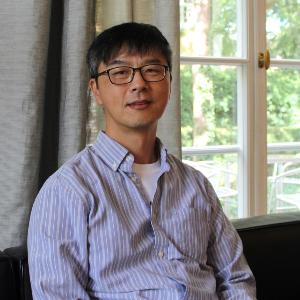Lab experiments demonstrate what might be predicted by evolution theory, namely that in direct, controlled competition, one microbe ‘wins’ and takes over a culture, precluding microbiome formation. How then do microbes strategise their physiology and behaviour so that their co-existence is possible? Qualitative and quantitative descriptions of microbial communities have led to new insights from ecology and environment to agriculture and crop yield to health and disease.
This Research Focus aims to take advantage of a comparative approach to identify common mechanisms concerning microbiome formation and functional stability and resilence. A second goal will be to understand how products of microbiota modify host organisms or environments. A long-range goal is to organise the local research community for future collaborative funding initiatives.

